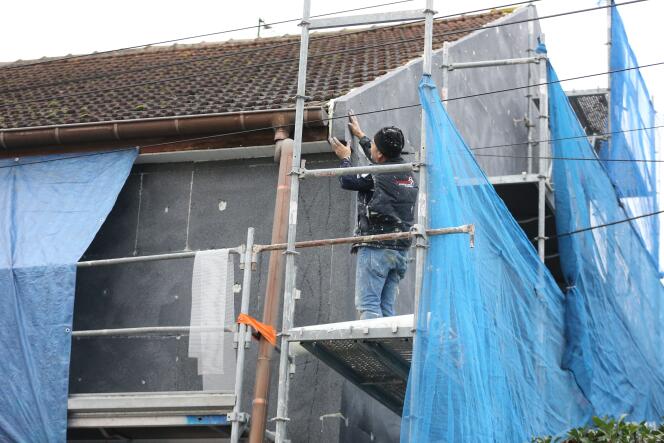

Since Gabriel Attal was appointed as prime minister, environmentalists have been feeling the pinch. After the recent farmers protests, to which the government responded by rolling back environmental regulations and putting the Ecophyto pesticide-reduction plan "on pause," the government's announcement of budgetary savings is set to draw heavily on "green credits."
On Sunday, February 18, Economy Minister Bruno Le Maire, in his quest for €10 billion in spending cuts, promised that all ministries would have to contribute. Yet in detailing some of the more specific cuts, the minister was quick to target environmental planning. The budget for the MaPrimeRénov' renovation aid scheme will be slashed by €1 billion, and France's contribution to the Green Climate Fund, which enables local authorities to invest in environmental transition projects, will be reduced by €400 million.
"France's financial re-armament is essential to prepare us for any future eventuality and to enable us to fund our social model," explained Le Maire at a press briefing, leaving Thomas Cazenave, junior public accounts minister, to defend the thermal renovation of buildings: "This is a policy that we have strongly supported, and that we will continue to support again this year, but we are reviewing its scope."

These announcements are a major blow to the government's promise to significantly increase the budget allocated to the low-carbon transition between 2023 and 2024. In the autumn, the Macron-aligned MPs boasted of a €7 billion increase in payment credits (€10 billion in commitment authorizations) for this transition. They were particularly proud of having obtained a boost to MaPrimeRénov', from €2.5 billion to €4 billion. According to them, this measure was symbolic of a "popular ecology" that is neither "punitive" nor "denialist" (denying the reality of climate change).
To justify its decision, the economy ministry explained that it was necessary to "cool down the machine," even though €300 million earmarked for this scheme had not been spent by 2023, due to a lack of available craftsmen to carry out the renovations on private homes. The same has gone for the so-called "social leasing" scheme, which allows the most low-income households to acquire an electric vehicle for €100 a month. In mid-February, after six weeks of operation and around 50,000 applications submitted – demonstrating a real need for such a program – the government confirmed that it was putting an end to the program for this year, again due to funding issues.
You have 62.89% of this article left to read. The rest is for subscribers only.
